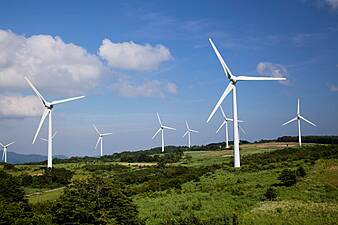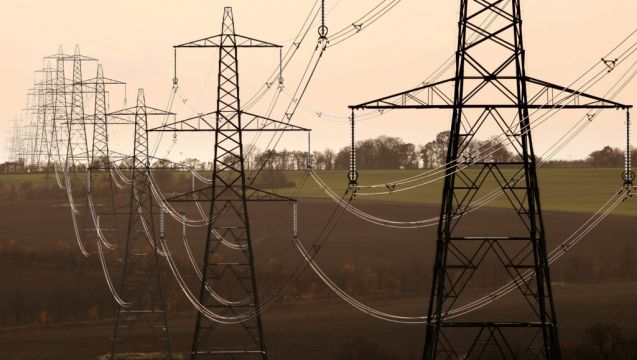Unscheduled power plant shutdowns will contribute to a winter electricity supply squeeze in the Republic, according to a report from national grid operator EirGrid published on Thursday.
The State company says growing demand, including from data centres and other large energy users, along with scheduled power plant closures will leave the Republic facing electricity shortages in the short and medium term.
However, Northern Ireland will have surplus electricity supplies for most of the rest of the decade, barring 2024 and 2025.
Mark Foley, chief executive of Eirgrid, said it would take “an extraordinary confluence of events for the lights to go out” this winter.
Speaking to RTÉ’s Morning Ireland, he said it would be a “tight” winter with no guarantee that blackouts can be avoided.
The “extraordinary confluence of events” would include “a very, very cold winter”, no wind on a cold January evening, high demand, an interconnector failure with the UK because of similar extreme weather conditions and a major fossil fuel plant failure.
Mr Foley said there had been very good engagement with large energy users such as big industrial users and data centres and that Eirgrid and the ESB had “deep experience” in dealing with difficult conditions such as last winter.

Data centres would make their back-up generation available to keep the system stable. “This is a very positive part of this contingency. They're ready if we need them and we can count on their support,” he said.
While the peak demand growth in Ireland for electricity over the five years had been 9 per cent, which was a relatively small increase in demand, Ireland had problems accommodating this because of the failure to deliver new forms for generating energy. Growth over the next decade was forecast to be 30 per cent, he said.
Mr Foley called for incentive mechanisms to be changed so more certainty could be given to developers to build new plants.
He said the continuing gap between energy demand and generation was because new forms of gas generation capacity had not been delivered to the market and older plants were becoming less reliable.







